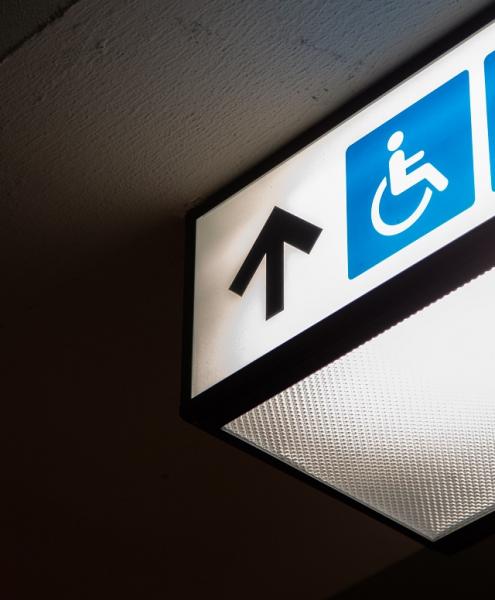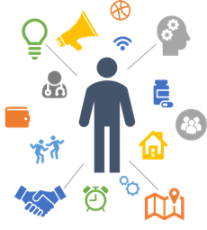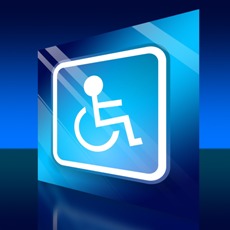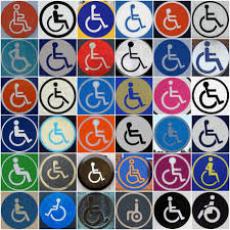New Disability Action Plan outlines cross-government work
Wed 11 Dec 2019
The Government has launched the Disability Action Plan 2019–2023.

The Government has launched the Disability Action Plan 2019–2023. This Action plan updates and replaces the Disability Action Plan 2014-2018.
The Disability Action Plan 2019–2023 states that it takes a different approach to previous action plans:
"It is not a conventional Action Plan in that it does not consist of a series of work areas followed by lists of actions. Instead, it is a package of 25 cross-government work programmes that are underway or are being planned that have an explicit disability perspective."
The Disability Action Plan 2019–2023 aims to deliver the eight outcomes in the New Zealand Disability Strategy 2016–2026.
The new plan does not include specific references to violence, abuse, neglect or personal safety. Under "Rights protection and justice", the action is:
- "Ministry of Justice with other justice sector agencies:
Improve justice services so that they are accessible and able to be understood by disabled people."
The previous Disability Action Plan 2014-2018 (2015 update) included these specific actions to reduce the number of children and adults with disabilities who are victims of violence, abuse or neglect:
Action 8 A: Review the current care and support processes for disabled children who are (or are likely to be) subject to care under the Children, Young Persons and Their Families Act 1989. The last update on this work (September 2018) listed the Status as "Action completed August 2016."
Action 8 B: Explore options to reduce violence, abuse (all types, including bullying) and neglect of disabled people and understand the impact of different cultural contexts. The last update on this work (September 2018) listed the Status as "Major risks to achieving milestones - Red (Action to be re-scoped)," referencing the Family and Whānau Violence Legislation Bill (now Family Violence Act 2018) which was before Parliament at the time.
Related news
Disability Rights Commissioner Paula Tesoriero at the Human Rights Commission recently highlighted the need to raise awareness about abuse and violence against women with disabilities. The press released noted "The Commissioner has started a project to identify gaps and priority areas for action to address abuse and violence against disabled people."
The New Zealand Disability Support Network (NZDSN) recently published Enabling good lives sooner rather than later: Where to from here? A Sector Briefing from NZDSN (2019). The report identifies a $210 million gap between current funding and the actual costs faced by disability providers, an estimated 15,000 people with disabilities who are missing out on services and a focus on rationing services rather than adequate funding.
Social Service Providers Aotearoa released a report in September 2019 with similar findings of a significant funding gap for social service providers compared to the actual cost of delivering services they are contracted to provide.
CCS Disability Action released the report State of wellbeing and equality for disabled people, their families, and whānau (2019) which identifies high levels of inequality for people and children with disabilities.
In May 2018, the Government announced a review of the health and disability system. An interim report was published in September 2019. A final report is expected in March 2020.
The United Nations International Day of Persons with Disabilities was on 3 December.
Related research and resources
Dr Debbie Hager's doctoral thesis, Not inherently vulnerable: An examination of paradigms, attitudes and systems that enable the abuse of dis/abled women (2017), explores the paradigms or patterns that prevent the violence and disability sectors from effectively responding to and addressing the abuse of disabled women in Aotearoa New Zealand. Her review of research and practice identified gaps in research, data, policy, legislation, practice and strategies. Through interviews with people working in the disability and violence sectors and related government organisations, she identified the following four themes that contribute to these sectors not working effectively together:
- Pragmatic reasons for non-collaboration: Resource and competency issues
- Paradigms and practice: Individual deficit and socio-political paradigms
- Exclusion: The process of exclusion and invisibility
- Vulnerable: Paradigm that underpins the practice, paradigms and exclusionary practices.
The Indiana Abuse Prevention Disability Task Force (USA) is holding a 5-part series of web conferences on sexual violence prevention for people with disabilities, with a focus on disability justice. Topics include prevention with people who are Deaf and hard of hearing; mental health, neurodivergence, and sexual violence prevention; accessible organizing; a social justice framework for service providers; and a final topic to be confirmed for their last web conference in this series in January 2020. Past web conferences can be found on the Indiana Disability Justice & Abuse Prevention Task Force YouTube channel. More information is available on the PreventConnect website.
Australia's National Research Organisation for Women's Safety has published Women, disability and violence: Barriers to accessing justice: Final Report (ANROWS, 2018)
Videos and written resources telling women's stories are available from the Women, Disability and Violence: Knowledge Translation and Exchange Workshop (2018). The resources came out of a project by the Monash Gender and Family Violence Prevention Centre, with People with Disability Australia (PWDA) on behalf of Disabled People’s Organisations Australia, funded by ANROWS.
See the Clearinghouse library for additional research and resources.
Related media
Disability Action Plan 2019 - 2023, Beehive Press Release, 14.11.2019
Image: Charles on Unsplash






